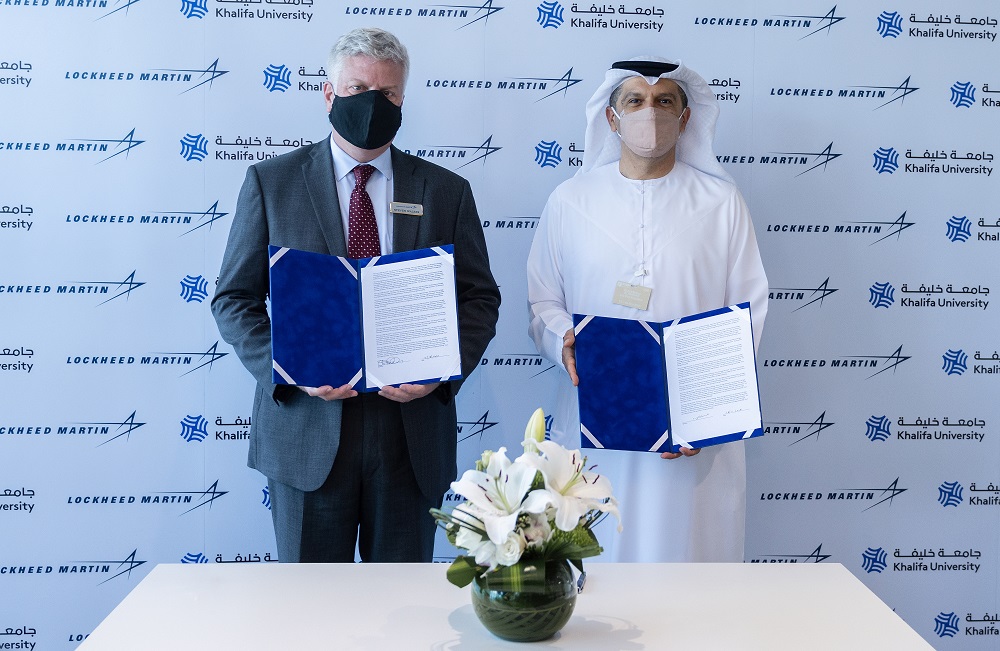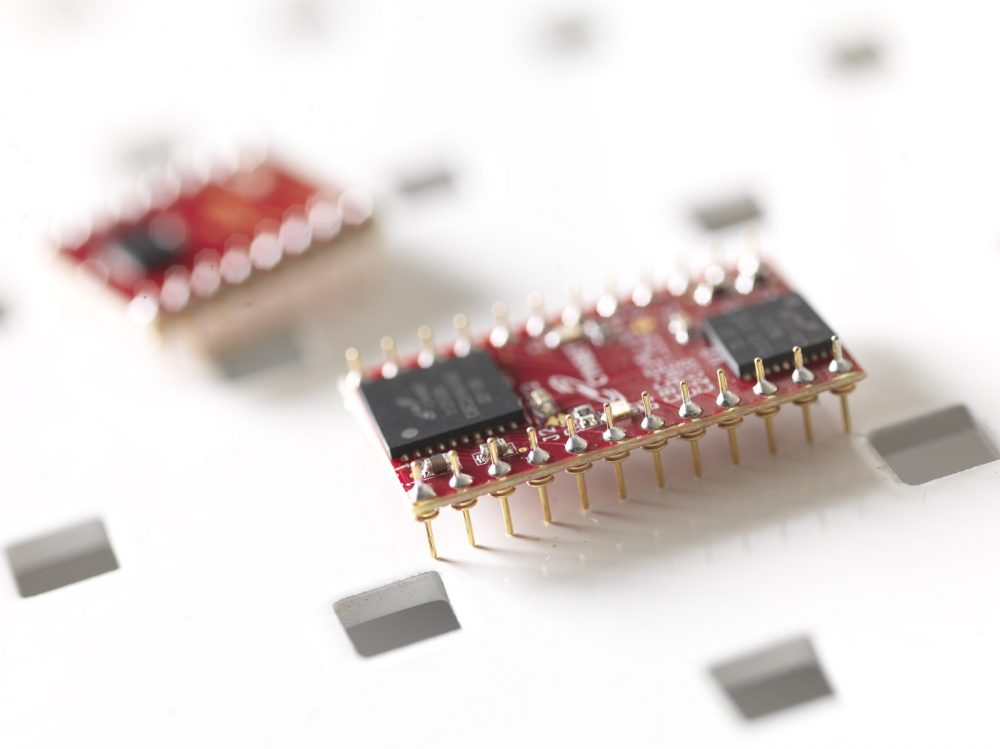System-on-Chip Lab Advancements Shared at IEEE Symposium on Circuits and Systems

Researchers from Khalifa University’s Systems-on-Chip Lab have had three papers accepted into the IEEE International Symposium on Circuits and Systems (ISCAS). ISCAS is the flagship conference of the IEEE Circuits and Systems Society and the world’s premier networking forum for researchers in the fields of theory, design, and implementation of circuits and systems.
The 2020 conference was held as a virtual event, with all papers available in Open Preview and video presentations hosted to inform participants of the papers’ contents. The conference is designed to emphasize the potential of circuits and systems to find multidisciplinary solutions for the societal and engineering challenges of our times.
The first paper, authored by Dr. Dima Kilani, Post-Doctoral Fellow, Dr. Baker Mohammad, and Dr. Mihai Sanduleanu, both Associate Professors of Electrical Engineering and Computer Science, described a new design for a low-dropout voltage regulator, which is an important part of power management systems. They developed an ultra-fast and efficient low-dropout regulator that uses a clock-less ratioed logic comparator (RLC) to maintain constant and stable voltage output in a battery-operated power management system.
A linear low-dropout regulator regulates the voltage generated by a DC power supply, so that the same steady voltage output level is continuously controlled, despite any changes in the input voltage. While the RLC compares between the reference and the load voltage and generates a single bit which turns on or off power switches. The clock-less design continuously responds to the voltage difference making it more efficient and faster than a conventional comparator.
The second paper, authored by Dr. Nourhan Elsayed, Graduate Research and Teaching Assistant, Dr. Hani Saleh, Associate Professor of Electrical Engineering and Computer Science, Dr. Baker Mohammad, and Dr. Mihai Sanduleanu, investigates a modified Doherty power amplifier – an amplifier which is used in many areas where high efficiency is needed for high peak to average power ratio uses.
The power amplifier is often the most power-hungry component of a circuit, which is why designing a more efficient version is crucial. To make the amplifier more energy efficient, the KU team’s Doherty power amplifier uses two amplifier circuits within the one overall amplifier to accommodate different signal levels. Their paper focuses on the modified Doherty power amplifier for use in 5G technology.
The third paper, authored by Huruy Tesfai, PhD student, Dr. Saleh, Dr. Temesghen Tekeste, Post-Doctoral Fellow, Dr. Mahmoud Al Qutayri, Professor and Associate Dean of Graduate Studies, and Dr. Mohammad, describes a pre-trained neural network for monitoring the electrocardiogram signal, the electrical activity of the heart. Wearable devices with readout sensors and circuits can be used to record and process weak ECG signals, with the neural network integrated to a device, achieving an accuracy of 96.55%.
Through its pioneering research, Khalifa University is contributing valuable insights into the field of system on chip technologies, which are critically needed to support the development of faster, smaller and more powerful computing devices.
Jade Sterling
Science Writer
26 November 2020




